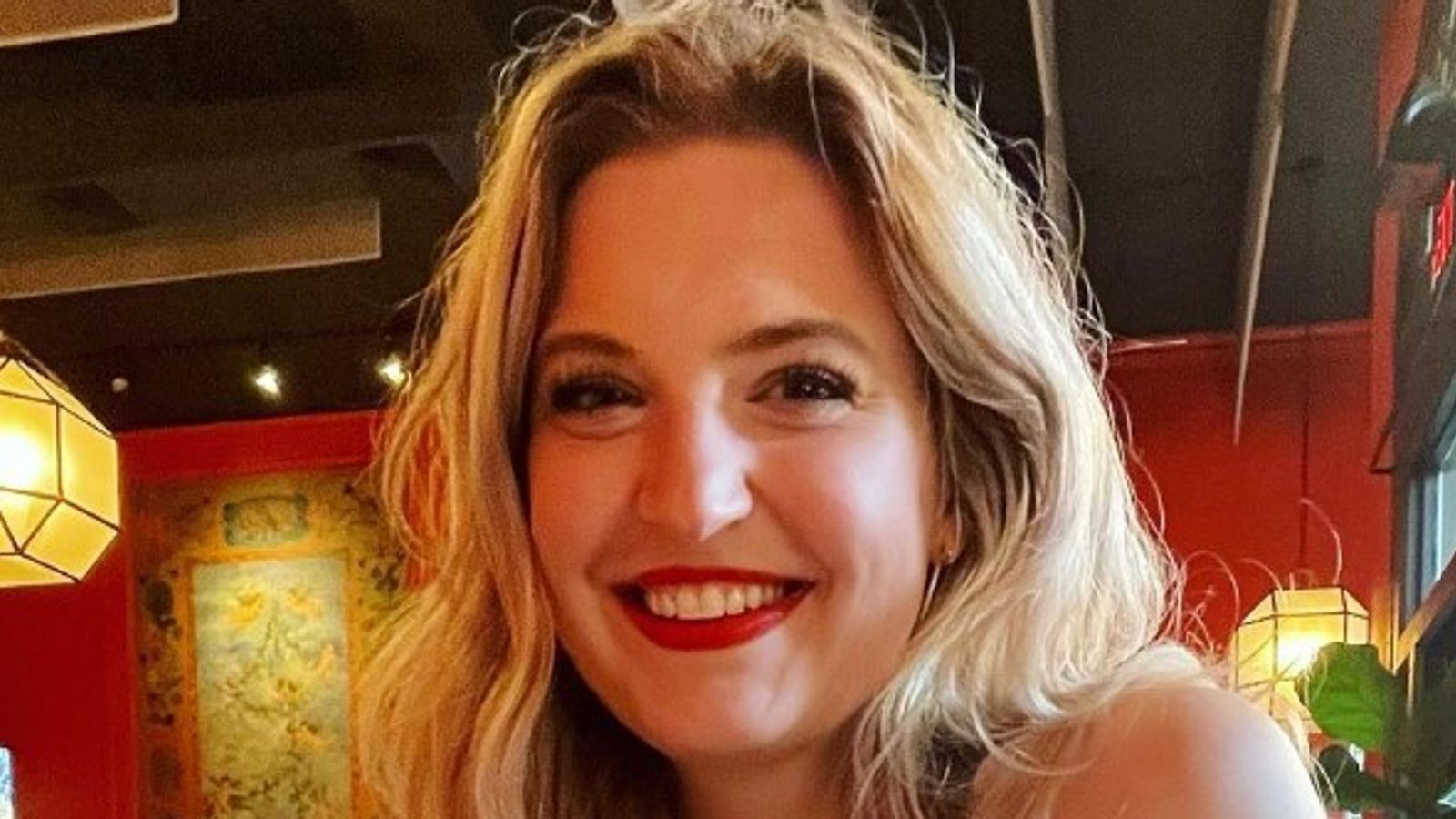A journalist was forced to change her outfit while attending the execution of a death-row inmate in Alabama after prison officials said her skirt was too short.
Ivana Hrynkiw Shatara, managing producer for website AL.com, says she was also told her open-toed shoes were too revealing by a member of staff at the Alabama Department of Corrections (ADOC).
Ms Hrynkiw Shatara was stopped as she arrived at the media centre at William C Holman Correctional Facility in the city of Atmore and told her outfit violated the prison dress code.
She visited the prison on 28 July to cover the execution of Joe Nathan James Jr, sentenced to death for killing his ex-girlfriend, Faith Hall, 26, in 1994.
In a statement shared on Twitter, the journalist said she had worn the same skirt to previous executions and other professional events “without incident”, adding: “I believe it is more than appropriate”.
“Tonight, a representative of the Alabama Department of Corrections told me publicly I couldn’t view the execution because my skirt was too short,” she wrote.
“At 5’7″, and 5’10” with my heels on, I am a tall and long-legged person.
US journalist ordered to change clothes after being told skirt too short to witness execution
Leiland-James Corkill death: Woman who murdered baby she hoped to adopt hid anger and drink issues, review finds
Gang ringleader Abdulla Alfalasi jailed after £104 million in dirty cash smuggled into Dubai
“I tried to pull my skirt to my hips to make the skirt longer, but was told it was still not appropriate.”
A photographer loaned Ms Hrynkiw Shatara his protective rain clothing, including waterproof wader trousers, which the ADOC deemed appropriate.
However, she then had to return to her car to swap her shoes after being told they were unsuitable.
“Despite wearing waders from a man I have never met and casual tennis shoes, I continued to do my job,” she said.
But the incident left her feeling “uncomfortable”, Ms Hrynkiw Shatara added.
“I felt embarrassed to have my body and my clothes questioned in front of a room of people I mostly had never met.
“I sat down, tried to stop blushing, and did my work. As women often have to.”
Another journalist, Kaitlyn Ross, responded to the tweet saying she too had been denied access to a government facility because her clothing was deemed to be “too revealing”.
“It’s exhausting to be a woman,” she wrote.
“You did a great job under ridiculous circumstances. I’m sorry this happened.”
Editor in chief of the Alabama Media Group, which owns AL.com, described the treatment of Ms Hrynkiw Shatara as “unacceptable” and “unequal”.
“I’m proud to work with Ivana, who despite this treatment, continued to report the story with professionalism to our audiences in Alabama,” she said.
“This was sexist and an egregious breach of professional conduct. And it should not happen to any other reporter again.”
AL.com has sent a complaint to the ADOC as well as Alabama governor, Kay Ivey, and attorney general Steve Marshall.
The execution of Joe Nathan James by lethal injection was held up for three hours due to the amount of time it took to establish an intravenous line.
The delay was described as a “highly unusual and very troubling” time-lapse by the head of the Death Penalty Information Centre, a non-profit organisation focused on issues surrounding capital punishment.
He was executed despite pleas from the victim’s relatives to spare his life.
Ms Hall’s daughters, who were aged three and six when she died, said they have forgiven James and would prefer him to serve life behind bars.
But Governor Ivey declined to intervene and Mr Marshall advised an execution would ensure justice was served.
The execution sends an “unmistakable message was sent that Alabama stands with victims of domestic violence”.
Sky News has contacted the ADOC for comment.







